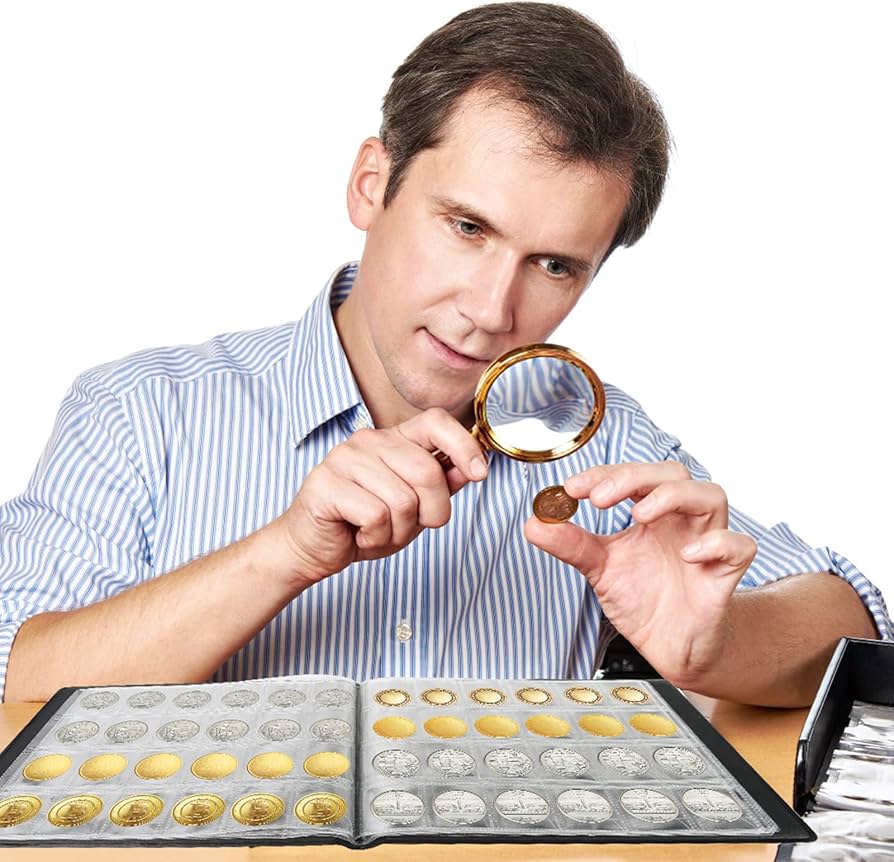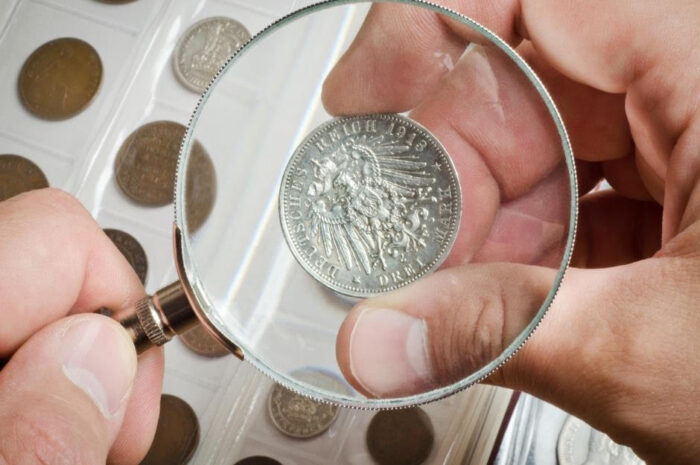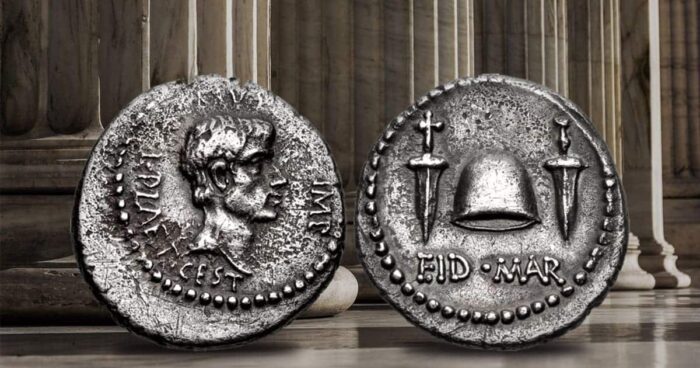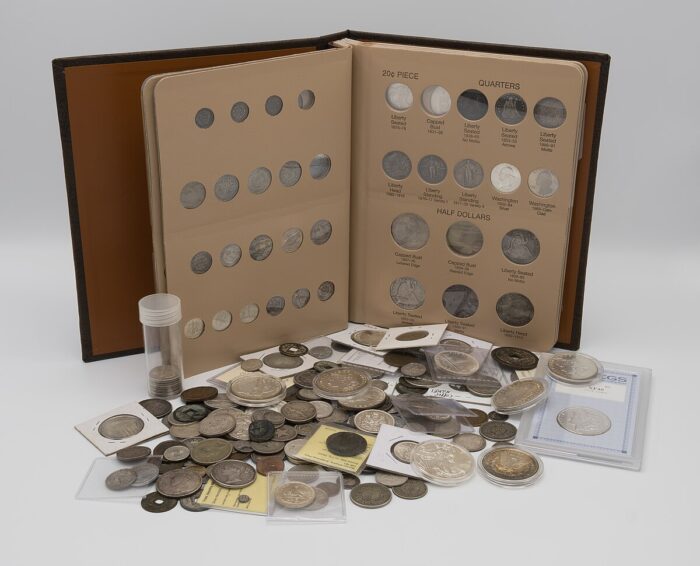
Coin collecting, often heralded as the “Hobby of Kings,” is a fascinating pursuit that blends history, art, and economics into a single, enjoyable activity.
As with any hobby that involves potentially valuable items, it comes with its fair share of pitfalls. Here, we explore some of the common errors that enthusiasts might encounter and offer advice on how to sidestep these challenges effectively.
Starting Without a Clear Focus

One frequent mistake new collectors make is diving into buying coins, like the infamous Zodiac silver coins, without a clear strategy. The allure of quickly amassing a diverse collection can be strong, but without a defined focus, you may end up with a haphazard assemblage that lacks value both in terms of money and personal satisfaction.
What to Do: Before you start buying, spend time researching different types of coins. Are you more fascinated by ancient Roman coins, or do U.S. silver dollars pique your interest?
By defining what you find intriguing, you can create a collection that not only holds monetary value but is also meaningful to you. Establish a theme or a specific timeline, and try to stick to it. This approach helps in building a collection that tells a story or represents a significant period in history.
Overlooking the Importance of Condition
The condition of a coin dramatically affects its value. Beginners often underestimate this and might purchase coins without careful examination, leading to investments in pieces that are less than ideal.
What to Do: Learn about the grading standards used in the coin collecting community, such as those from the Numismatic Guaranty Corporation (NGC) or the Professional Coin Grading Service (PCGS). These guidelines will help you understand what makes a coin ‘good’ or ‘mint’ condition.
Attend coin shows, visit reputable dealers, and use a magnifying glass to inspect coins before purchasing them. Focus on coins that are free from excessive marks or wear and tear. Remember, a single scratch can significantly diminish a coin’s market value.
Ignoring Provenance and Authenticity

In the enthusiasm to acquire new pieces, collectors sometimes overlook the significance of a coin’s provenance and whether it is genuine. The market unfortunately includes counterfeits, and some sellers might not provide complete histories of the coins they offer.
What to Do: Always ask for documentation that verifies a coin’s authenticity. This can include certification from trusted authorities, detailed logs of previous ownerships, or any legal paperwork that might accompany historically significant items. If a deal seems too good to be true, it probably is.
Do business with well-established dealers who have positive reputations within the community. Moreover, joining local or national numismatic societies can provide you with resources and networks to verify the coins you wish to purchase.
Neglecting Proper Storage

How you store your coins is just as important as the coins you collect. Improper storage can lead to damage such as scratching, tarnishing, or chemical reactions that may permanently affect the coin’s appearance and integrity.
What to Do: Invest in high-quality storage solutions. Coin albums, holders, and envelopes made from inert materials can protect your collection from environmental hazards like moisture and air pollution.
Avoid materials that contain PVC, which can degrade over time and damage coins. Keep your collection in a cool, dry place out of direct sunlight to prevent any deterioration. Regularly inspect your collection for signs of wear or damage so you can address issues before they worsen.
Rushing the Learning Curve
Many beginners are so eager to build their collections that they rush through the learning stages of numismatics—the study of coins and currency. This haste can lead to poor buying decisions and missed opportunities for richer appreciation of their collections.
What to Do: Take your time to learn. The field of numismatics is rich with history and knowledge. Read books, attend lectures, and participate in discussions with more experienced collectors.
Understanding the story behind a coin—such as its origin, historical context, and rarity—can significantly enhance the joy of collecting and even the value of your collection. By taking a slower, more considered approach, you ensure that you not only develop a more impressive collection but also gain a deeper understanding and appreciation of this fascinating hobby.














